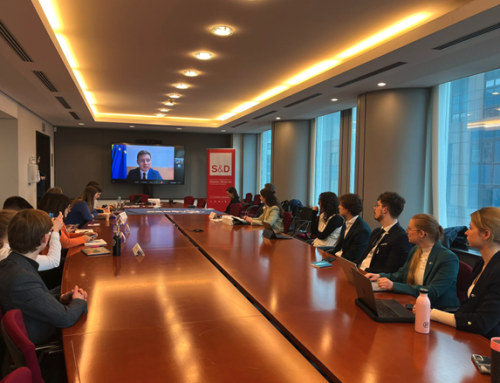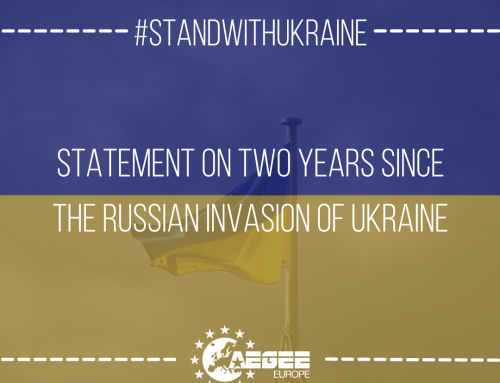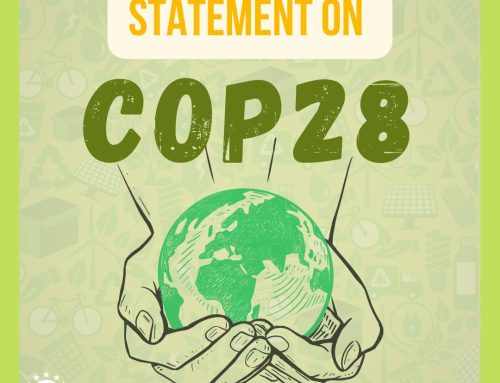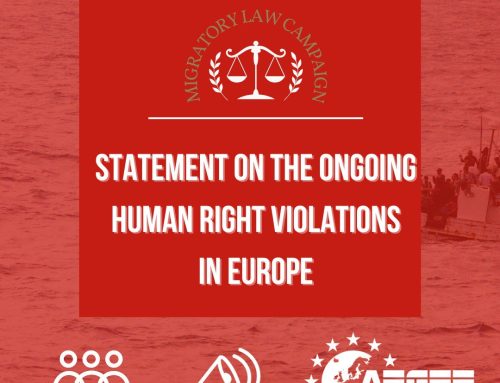On March 16, 2014, upon the prior decision of the National Rada of the Autonomous Republic of Crimea, the referendum was held on the future status of the territory of Ukraine and possible succession of Crimean Autonomous Republic to the Russian Federation.
We consider this referendum as illegal and illegitimate and contradicting first of all to the Constitution of Ukraine. Though the right of self-determination exists (UN Charter, Article 1), the situation is more complex in the peninsula as Crimea is voting to be not only independent but for joining the Russian Federation. Secondly, such referenda should be agreed upon by the country’s government whereas in this case, Crimea organised it by itself, which relates to secession rather than self determination. In addition, the referendum happens in a context of illegal occupation by unidentified military forces (likely to be Russian) of the territory of Ukraine, which is in violation with the Memorandum on Security Assurances in Connection with Ukraine’s Accession to the Treaty on the Non-Proliferation of Nuclear Weapon (Budapest Memorandum of 1994) where the Russian Federation agreed to respect the independence and sovereignty and the existing borders of Ukraine, thus its results could not be recognized. We deeply regret the organization of this referendum itself. In our belief it would bring only additional tensions and escalation of the regional situation, thus harming directly the regional security.

A woman casts her ballot at a polling station during the Crimean referendum, in Sevastopol, Ukraine, Sunday, March 16, 2014. Residents of Ukraine's Crimea region are voting in a contentious referendum on whether to split off and seek annexation by Russia. (AP Photo/Andrew Lubimov)
In our deep conviction, the Ukrainian people should decide their future as a united and independent nation. In this regard, only diplomatic and peaceful talks with the respect of all international law norms (including territorial integrity of Ukraine) may allow Ukraine, Russian Federation and the European Union to avoid the further escalation of the situation. However, the results of Crimea Referendum could not be considered as legitimate and they only complicated future efforts to resolve crisis. In all our previous statements we stated clearly for numerous times, that there is no grounding allowing Russian Federation to intervene in Ukrainian internal affairs through its respective actions in Crimean Peninsula.
In addition to this, we strongly call the EU Ministers of Foreign Affairs to evaluate as soon as possible the existing situation over Crimea and decide on certain and urgent measures/sanctions against the Russian Federation, in line with the declaration of the EU Heads of State and Government of the EU of 6 March, unless the Russian side would not take real actions and moves for the de-escalation of the existing situation. The EU should speak and act in one voice: separate negotiations and solutions are not an option anymore for overcoming the existing deadlock.
Simultaneously, we encourage all our AEGEE members in Ukraine, and particularly in AEGEE-Sevastopol, to continue their further activities in a working routine and in the European spirit of AEGEE/European Students’ Forum.
Written by Armenak Minasyants, the Policy Officer of AEGEE-Europe for European Neighbourhood Policy.
AEGEE Eastern Partnership Project Team





